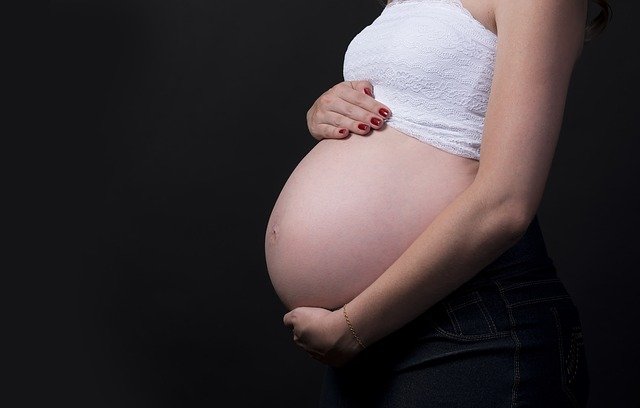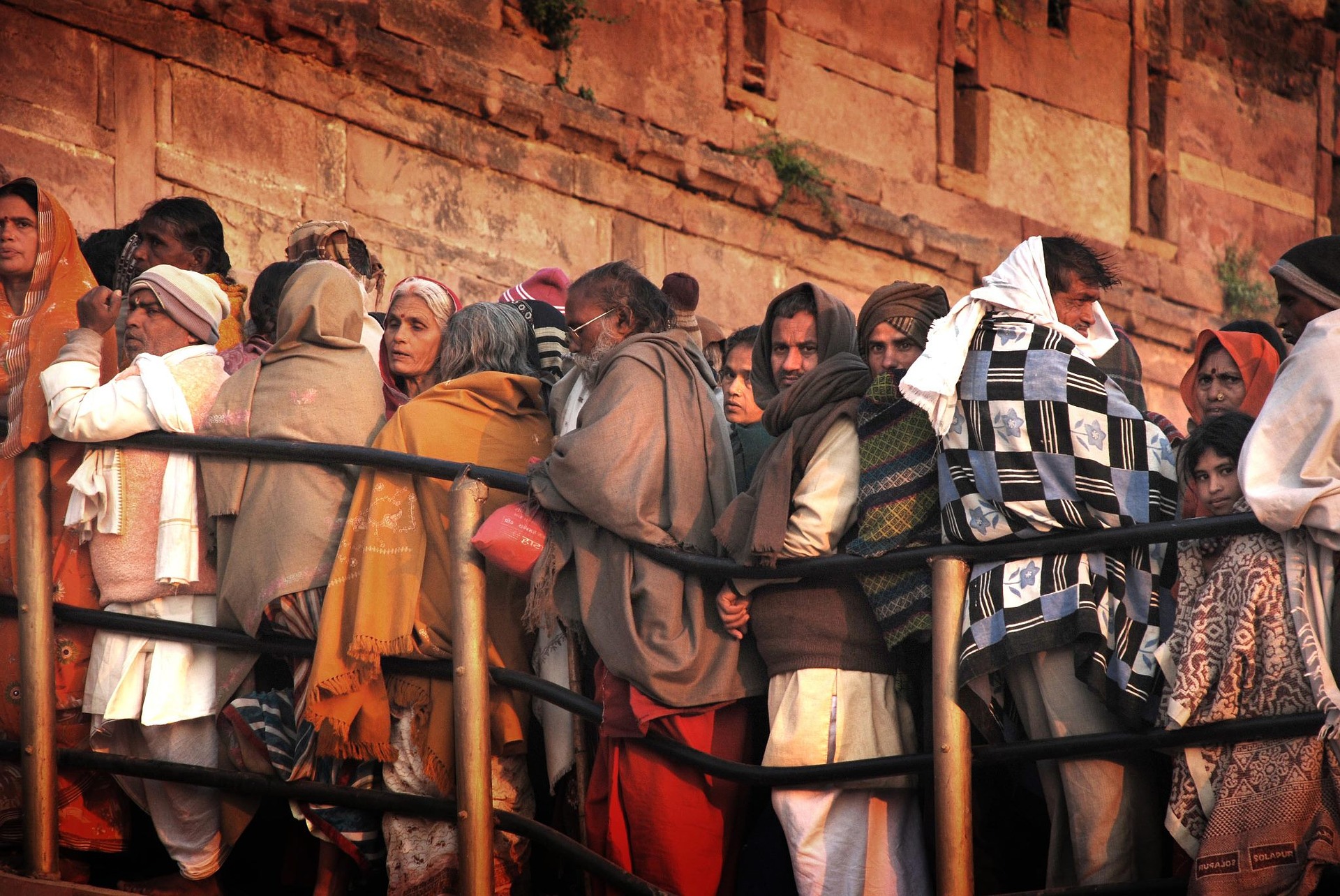India is set to launch the second phase of the Covid-19 vaccination campaign, which will cover 10 crore people across the country from Monday onwards. The government will begin vaccines against coronavirus for people over 60 and those over 45 with comorbidities.
The government declared on Saturday that people with one of the 20 co-morbidities, such as diabetes and heart failure, who have been admitted to the hospital in the previous year will be prioritised in the next step of the COVID-19 vaccination campaign.
The states’ health departments were clarified the simpler method for certifying people with these co-morbidities in the 45-59 age group.
Diabetes, heart failure with hospitalisation in the previous year, post-cardiac transplant, mild to serious valvular heart disease, end-stage kidney disease on haemodialysis, a severe respiratory disease with hospitalisation in the previous two years, primary immunodeficiency diseases/HIV infection, and angina and hypertension/diabetes on care are among the co-morbidities that have been prioritised.
Any licenced medical practitioner must sign the simplified one-page certificate. The certificate can be submitted on Co-WIN 2.0 by the beneficiary during self-registration, or the beneficiary can carry a hard copy to the COVID Vaccination Centres (CVC).
Select a COVID-19 vaccination centre, book an appointment
The states and UTs were given guidance on how to complete the registration process in three phases. The first is advance self-registration, which enables beneficiaries to register in advance by downloading the CO-Win 2.0 portal and using other IT applications including Arogya Setu.
This will show the government and private hospitals serving as Covid vaccination centres the date and time of the available schedules. The beneficiary will be able to select the CVC of his/her choosing and to book a vaccine appointment.
Second, on-site registration—The on-site registration facility allows those who are unable to register in advance to access the designated COVID vaccination centres and to be registered on-site and then vaccinated.
The third mechanism is facilitated cohort registration, in which the state/UT governments will take the lead. COVID vaccination will take place on a particular date(s), with target classes of possible beneficiaries being vaccinated.
The target groups will be actively mobilised and taken to the vaccination centres by the state/UT health authorities. The target groups will be mobilised using ASHAs, ANMs, Panchayati Raj leaders, and Women’s Self Help Groups (SHGs).
Here’s how much you will have to pay for a jab in private hospitals
The second phase of the Covid-19 vaccination drive will begin on Monday, and the central government has declared that a Covid-19 shot will cost Rs 250 in private hospitals.
“Private hospitals that serve as Covid-19 vaccination centres can be reimbursed up to Rs 250 per person per dose,” the government reported.
The vaccination campaign will continue to be free of charge in government hospitals, but private facilities that are approved under the Central Government Health Scheme, Ayushman Bharat, and similar State Health Insurance Schemes will charge for the vaccines.
Although the Centre declared that shots will be free in public hospitals, the cost of shots in private hospitals has not been disclosed. The government had said that the amount would be determined in the “next three-four days” and that there would be a cap.











